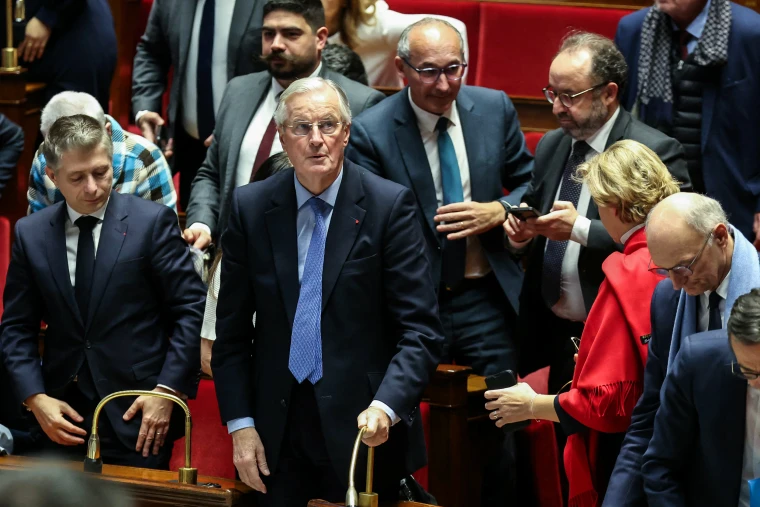Understanding the Crisis
The French government has faced increasing scrutiny due to a combination of political fragmentation, public discontent, and economic challenges. Key triggers include:
- Political Gridlock: Deep divisions among parties in the National Assembly have stalled critical reforms.
- Protests and Strikes: Nationwide unrest over pension reforms and cost-of-living increases has intensified public dissatisfaction.
- Economic Pressures: Rising inflation and unemployment have added to the government’s difficulties in maintaining stability.
For an in-depth look at the political climate in France, visit France24.
Implications of a Government Collapse
A government collapse could have far-reaching consequences:
- Political Instability: Leadership transitions may delay policymaking and hinder necessary reforms.
- Economic Uncertainty: Markets may react negatively, impacting foreign investment and economic growth.
- International Relations: France’s role in the EU and global diplomacy could face challenges, especially in navigating economic or security crises.
Looking Ahead
While the situation remains precarious, efforts are underway to mediate conflicts and stabilize the government. These efforts include potential negotiations between political factions and broader public engagement to restore confidence in leadership. The success of these efforts will determine whether France can navigate this period of turmoil or face prolonged instability.
Stay informed with updates from BBC News and Le Monde.
Conclusion
The potential collapse of the French government, if it occurs, will mark a pivotal moment in the nation’s history. By addressing underlying issues such as political fragmentation, economic inequality, and social unrest, France has an opportunity to emerge stronger. This article underscores the importance of vigilance, dialogue, and resilience during periods of political upheaval. As the situation evolves, both the government and citizens must work towards rebuilding trust and unity.

